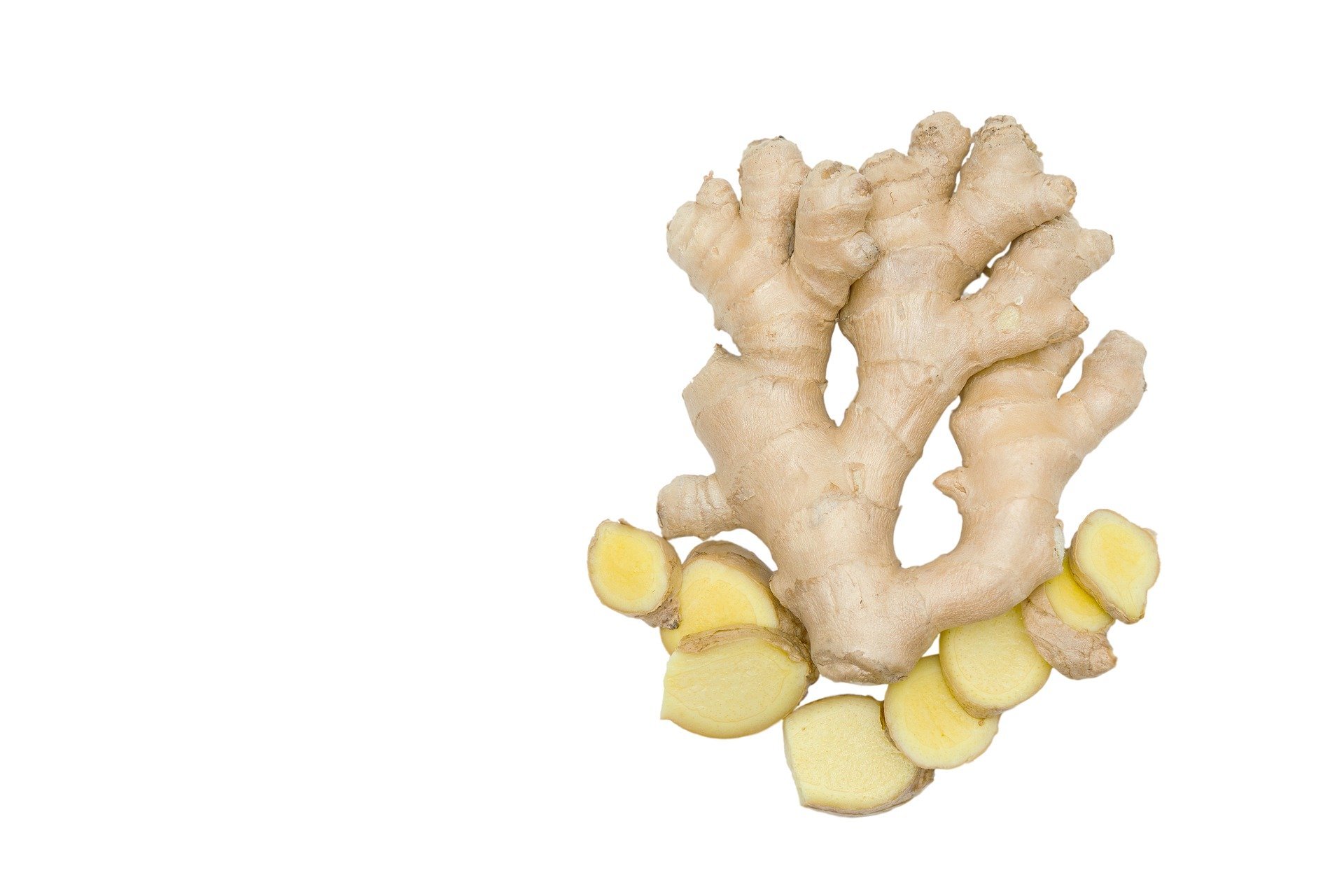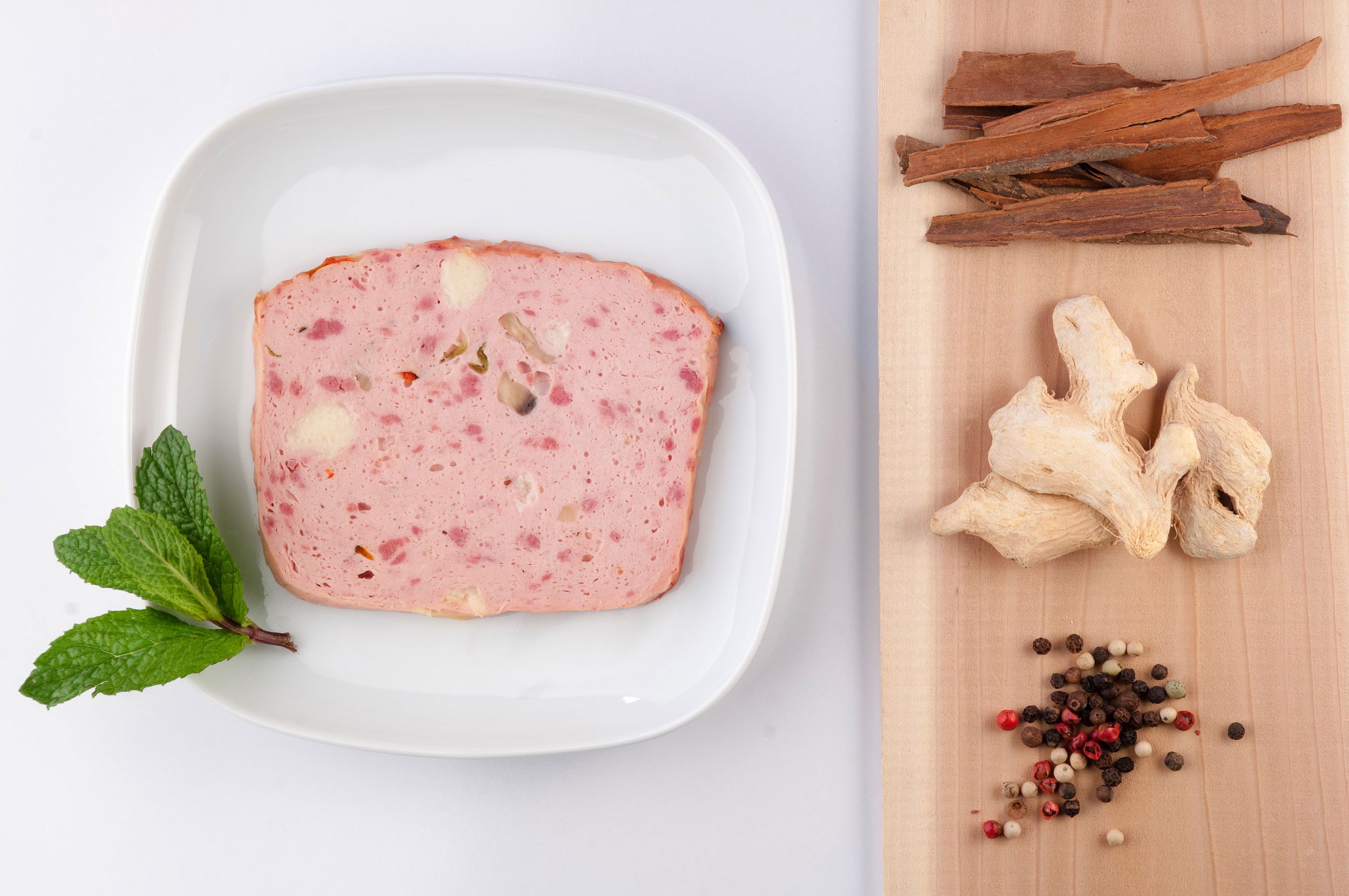Ginger is not native to Greece but hailed from Southeast Asia.
Ginger is a spice widely used in the culinary world for its distinct flavor and aroma, but it also has a rich history in traditional medicine and healing practices. Greece, known for its rich cultural heritage and delicious cuisine, has its own unique relationship with ginger. Fresh ginger has been a staple ingredient in Greek kitchens for centuries and is used in a variety of traditional recipes and natural remedies. In this article, we will explore the role of fresh ginger in Greek culture, from its history and cultivation to its use in traditional dishes and natural remedies.

The history of ginger in Greece
Origins of ginger in Greece
Ginger is not native to Greece but hailed from Southeast Asia. However, it is believed that Greek traders introduced ginger to the Mediterranean region during the Hellenistic period.
Ginger's journey to Greece
In ancient times, ginger was a highly sought-after spice that was used for both culinary and medicinal purposes. Its journey from Southeast Asia to Greece involved a long and arduous trade route that spanned thousands of miles, but it ultimately became a staple in Greek cuisine and culture.
Ginger's role in ancient Greek culture and medicine
Ginger played a significant role in ancient Greek culture and medicine. Greeks believed that ginger had medicinal properties that could prevent stomach ailments and alleviate symptoms of nausea, digestive issues, and respiratory problems. Greek physicians such as Hippocrates, who is also known as the "Father of Medicine," prescribed ginger to their patients for various ailments.

Health benefits of consuming fresh ginger
Ginger's anti-inflammatory properties
Fresh ginger contains a compound called gingerol, which has powerful anti-inflammatory properties that can help reduce pain, inflammation, and swelling.
Ginger's impact on digestion
Ginger has been used for centuries to alleviate digestive issues such as nausea, bloating, and indigestion. It can also stimulate the digestion process and help the body absorb nutrients more efficiently.
Ginger's effect on the immune system
Ginger has immune-boosting properties that can help protect the body from infections, viruses, and diseases. It contains antioxidants, which help fight off harmful free radicals and improve overall health.

Traditional Greek recipes using ginger
Greek ginger cookies (Piparkakut)
Piparkakut is a traditional Greek cookie recipe that uses a blend of ginger, cinnamon, and nutmeg for a fragrant and spicy flavor. These cookies are perfect for holiday or special occasion baking.
Greek ginger tea (Tsai Tou Voumou)
Tsai Tou Voumou is a popular Greek herbal tea that is made from fresh ginger and lemon. It is a soothing and refreshing beverage that can be enjoyed at any time of the day.
Greek-style ginger chicken
Greek-style ginger chicken is a delicious and flavorful dish that is marinated in a blend of ginger, garlic, lemon, and olive oil. It can be grilled, baked, or sautéed, and is perfect for a healthy and satisfying meal.

Ginger cultivation in Greece
Soil and climate requirements
Ginger requires a warm and humid climate to grow successfully. It also needs well-draining soil that is rich in organic matter.
Greek ginger growing regions
Ginger is mainly grown in the Peloponnese region of Greece. This area has the ideal climate and soil conditions for ginger cultivation.
Greek ginger farming techniques
Greek farmers use traditional farming techniques to grow ginger, including hand planting and harvesting. They also use organic farming practices to ensure that their ginger is healthy and pesticide-free.

Ginger as a natural remedy in Greek culture
Ginger has been revered for its medicinal properties in Greek culture for centuries. Greeks have long relied on ginger as a natural remedy for various ailments. Here are some common uses of ginger as a natural remedy in Greek culture:
Ginger for sore throat
In Greece, ginger is commonly used to soothe sore throats. Ginger's anti-inflammatory properties make it effective in reducing throat inflammation and pain. Many Greeks add ginger to their tea or honey to alleviate sore throat symptoms.
Ginger for menstrual cramps
Ginger is also used to relieve menstrual cramps in Greece. Ginger's ability to reduce inflammation and muscle pain makes it a popular natural remedy for menstrual cramps. Some Greek women drink ginger tea or add ginger to their foods to help ease their cramps.
Ginger for nausea
Ginger has long been used in Greece to alleviate nausea, particularly nausea caused by motion sickness. Ginger's ability to soothe the stomach and reduce inflammation makes it a popular natural remedy for upset stomachs.

The role of ginger in Greek hospitality
Ginger is not only used as a natural remedy in Greece, but it also plays a vital role in Greek hospitality. Here are some ways ginger is used in Greek hospitality:
Ginger as a welcoming gesture
In Greece, it is customary to offer guests ginger tea or ginger sweets as a welcoming gesture. Ginger is believed to help alleviate travel fatigue and welcome guests to your home.
Ginger in Greek celebrations
Ginger is also a popular ingredient in Greek celebrations, particularly during the holiday season. Greeks traditionally serve gingerbread cookies and ginger snaps during Christmas-time celebrations.
Ginger-infused Greek desserts
Ginger is also used in various Greek desserts, such as gingerbread cake or ginger ice cream. The addition of ginger adds a spicy kick to traditional Greek sweets.

Ginger-based drinks in Greek cuisine
Ginger drinks are also popular in Greek cuisine. Here are some ginger-based drinks popular in Greece:
Greek ginger beer (Tsai tou Voumou Nehiko)
Greek ginger beer, known as Tsai tou Voumou Nehiko, is a non-alcoholic carbonated drink that is commonly consumed during summer months. The ginger gives the drink a spicy kick, while the carbonation makes it refreshing.
Greek ginger ale
Ginger ale is also a popular drink in Greece, particularly among children. Greeks often combine ginger ale with various fruit juices to add flavor and spice to their drinks.
Ginger cocktails in Greek bars and tavernas
Ginger cocktails are gaining popularity in Greek bars and tavernas. Greeks use ginger to add a spicy kick to classic cocktails, such as the Moscow Mule or the Dark and Stormy.
Ginger's influence on Greek culinary traditions
Ginger has also influenced Greek culinary traditions. Here are some ways ginger is incorporated into Greek cuisine:
Ginger in Greek street food
Ginger is commonly used in Greek street food, such as souvlaki. Greeks often add ginger to their meat marinade to add flavor and tenderize the meat.
Ginger in Greek fusion cuisine
Ginger has also been incorporated into Greek fusion cuisine. Greeks use ginger to add a spicy kick to their fusion dishes, such as ginger chicken souvlaki or ginger tzatziki sauce.

Ginger as a staple ingredient in Greek kitchens
Lastly, ginger is a staple ingredient in many Greek kitchens. Greeks use ginger in various dishes, such as stews, dressings, and marinades. Its spicy flavor and natural health benefits make it a popular ingredient in Greek cuisine. In conclusion, fresh ginger has played an important role in Greek culture for centuries, both as a culinary ingredient and a natural remedy. From its origins and cultivation to its use in traditional recipes and healing practices, ginger has left its mark on Greek cuisine and medicine. Whether you are sipping on a cup of ginger tea or indulging in a ginger-infused dessert, the distinctive flavor and aroma of ginger will always be synonymous with the rich culinary heritage of Greece.

Frequently Asked Questions (FAQ)
Is ginger native to Greece?
No, ginger is not native to Greece. It is believed to have originated in Southeast Asia and was brought to Greece through trade routes.
What are some of the health benefits of consuming fresh ginger?
Fresh ginger has many health benefits, including anti-inflammatory properties, aiding in digestion, and boosting the immune system.
What are some traditional Greek recipes that use fresh ginger?
Some traditional Greek recipes that use fresh ginger include Greek ginger cookies (Piparkakut), Greek ginger tea (Tsai Tou Voumou), and ginger chicken.
Can ginger be grown in Greece?
Yes, ginger can be grown in Greece. The soil and climate requirements for ginger cultivation are found in various regions of Greece, and Greek farmers have been growing ginger for years.
